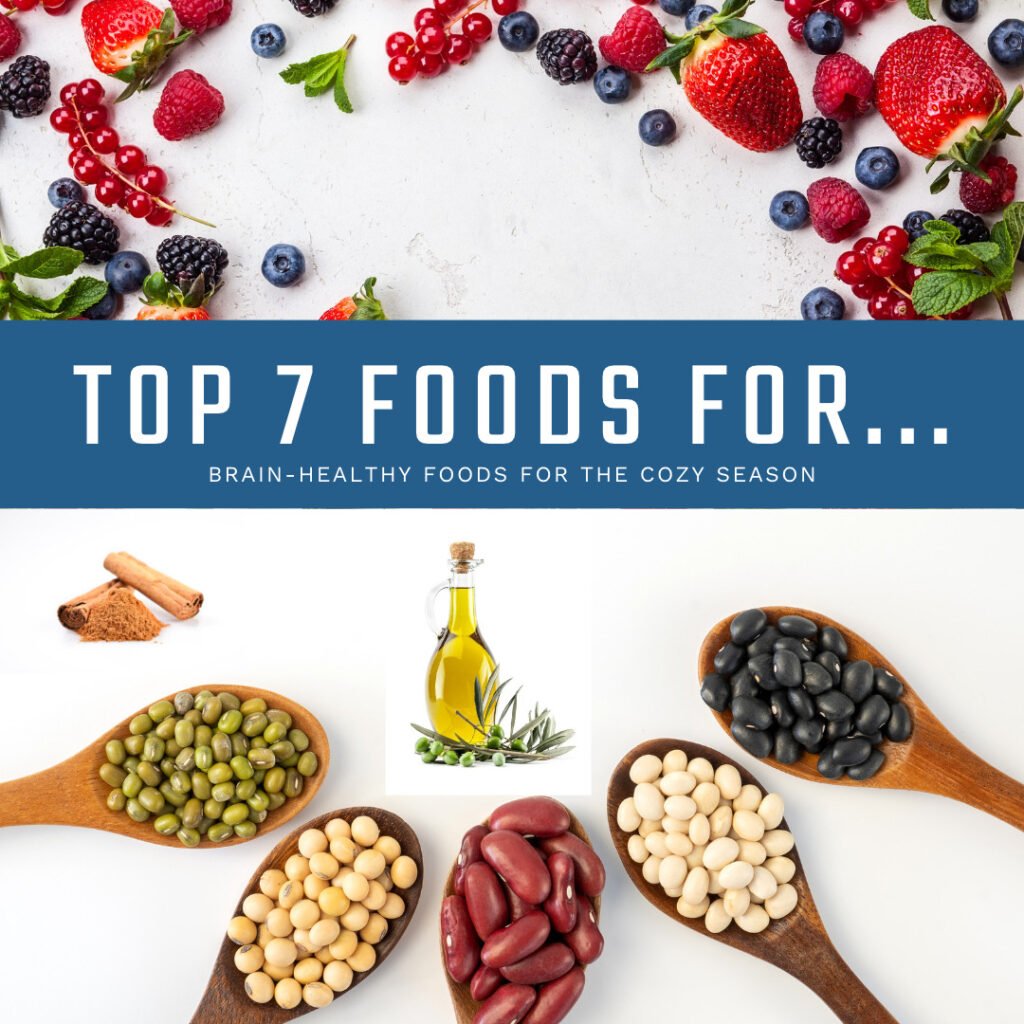AMA Means Ask Me Anything!
I love getting your questions about what to eat to keep the brain sharp. And in my experience, if one person asks a question, it usually means more people are wondering about it, too. So I thought I’d share my responses to some of the questions I get.
If you have a question you’d like to see answered in a future AMA, please let me know! Now, let’s get to a few reader questions.
Can I eat eggs on the MIND diet? How many per week?
The short answer is yes, and seven. But I understand the confusion because they aren’t specifically called out in the MIND diet as a food to include or avoid. Eggs provide choline and lutein — two nutrients important for brain health at all ages. A recent study found that eating as little as an egg a week in participants’ 50s and 60s was associated with slowing down memory decline in their 70s and 80s. Eggs also fit into a heart-healthy diet, which stands to reason since heart health and brain health are closely linked. The American Heart Association says an egg a day is OK within a heart-healthy diet for healthy people (or, seven eggs per week). If you’re looking for more resources, the Egg Nutrition Center offers a to heart-healthy eating and living, which was developed in partnership with a heart-health dietitian.
Are Greek yogurt and cow’s milk OK on the MIND diet? Is there a certain fat percentage I should be looking for?
Both can fit into the MIND diet, and low-fat or nonfat unsweetened varieties are the best choices. We don’t have enough evidence to definitively say that dairy foods help reduce cognitive decline. Still, these dairy foods provide essential nutrients that can be part of a varied and balanced eating pattern. In fact, a study found that the DASH diet, which includes low-fat and nonfat dairy like yogurt, is associated with reducing the risk of Alzheimer’s dementia (though to a lesser degree than the Mediterranean and MIND diets). So, while we don’t know if it’s the dairy foods specifically that help, we know they can be a part of a brain-healthy diet. I explored this topic recently when I was interviewed about a study on cheese and cognition.
I love ice cream, and have a hard time with portions when I’m under stress – help?
Life is all about balance and I think you can give yourself some grace to enjoy a comfort food from time to time. It’s probably more important to find ways to manage that stress. That said, if it’s helpful, I do have some tips to manage portions you can try.
- Use a smaller bowl and a smaller spoon for an effortless way to reduce portions. Chances are you won’t even notice your portions are smaller.
- Enjoy pre-portioned treats like mini-cones/small single-serving cartons to take the guess work out of how many servings to eat.
- Add nourishing toppings to balance things out like nuts and berries, which will also help with satiety since they offer some fiber and healthy fats
- Don’t keep it in the house. This one is a little extreme, but without easy access, you’re more likely to skip it.
- Come up with a few non-food ways to comfort yourself, and try one of them next time you are under stress.
That’s it for this time. Let me know if you’ve had these questions too. Or send me some new ones to answer next time!









